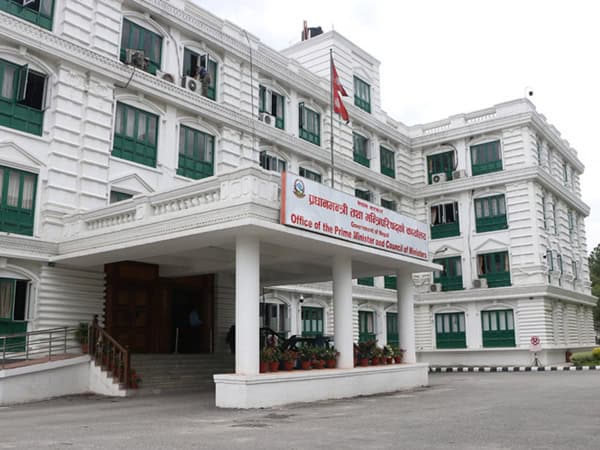Kathmandu: The Commission for Investigation of Abuse of Authority (CIAA) is drafting a new anti-corruption law in a bid to prevent locals from engaging in corruption activities in government offices and Multi-National Companies (MNCs) in Nepal.
The CIAA officials stressed that they were making efforts to make the new anti-corruption law on par with the “United Nations (UN) Convention against Corruption” that Nepal signed in 2011, the Kathmandu Post reported.
According to the draft law made so far, it said, “If any Nepali working in foreign or international public entities provided any graft or undue benefit or agreed to provide such benefits to the foreign officials and officials of public international organisations in exchange for undue benefits, such person would be penalised”.
“Those who encourage Nepalis working in foreign or international agencies to make such proposals will also be penalised but half of the punishment will be meted out to the main guilty”, it continued.
The Article 16 of the UN anti-corruption law mandates provisions for introducing legislative and other measures against providing bribe to foreign public officials and officials of public international organisations.
The law directs the states to penalise private sector officials if they are found engaging in corruption activities.
However, Nepal’s anti-corruption draft law sought to bring public limited companies under surveillance and not the private limited companies.
The draft bill categorises banks and financial institutions, cooperatives, insurance companies, public limited companies listed on the stock exchange, non-government organisations and consumer committees established to preserve and use natural resources as public entities.
“As the money of general public is used by these institutions, we have sought to categorise them as public entities and bring those running such institutions under the purview of the anti-graft body”, CIAA Spokesperson Padam Prasad Pandey said.
Public officials involved in such acts as setting standards to limit competition, approving re-evaluation of tender for an undue benefit and changing specifications deliberately or making others do so will be penalised under the new law.
“The CIAA Act defines misuse of authority as improper conduct. The draft law seeks to bring people who influence or persuade public officials to misappropriate revenues under the CIAA’s watch. For instance, the CIAA filed a corruption case against members of the Tax Settlement Commission on the charge of bringing benefits to enterprises in dubious ways but the anti-graft body now lacks jurisdiction to penalise the private sector that benefited from the TSC’s decisions”, Pandey continued.
The CIAA has also proposed action against officials for not taking timely decisions with a motive to bring undue benefits to someone at the cost of public entities.
Pandey said that if any public official provides a proper and genuine explanation for failing to take decisions on time, then no action would be initiated against that official. (ANI)

